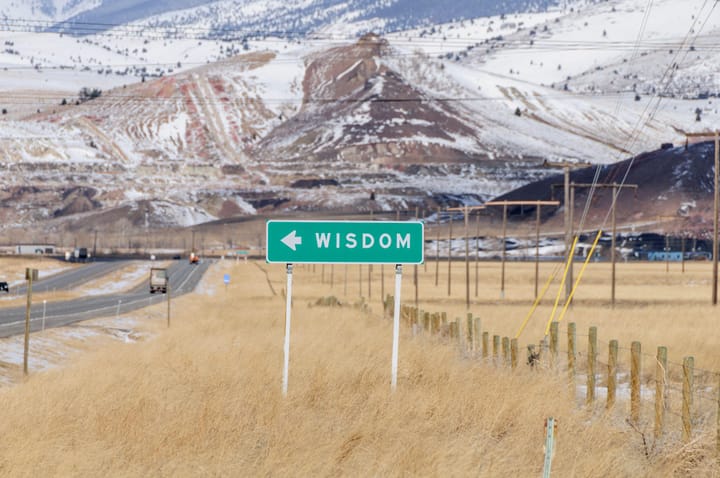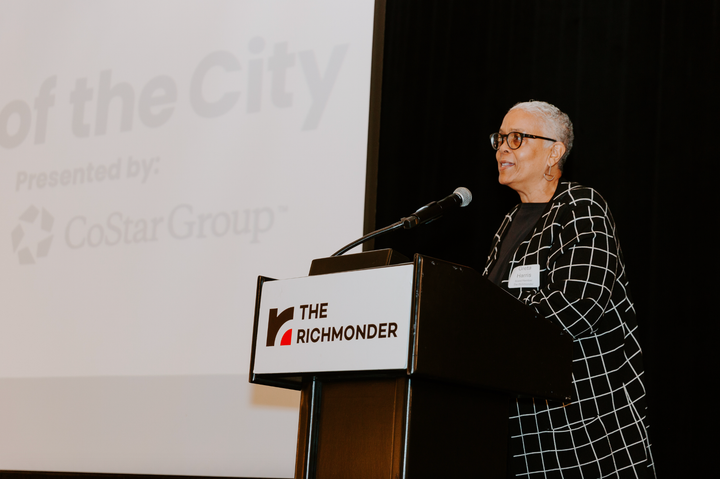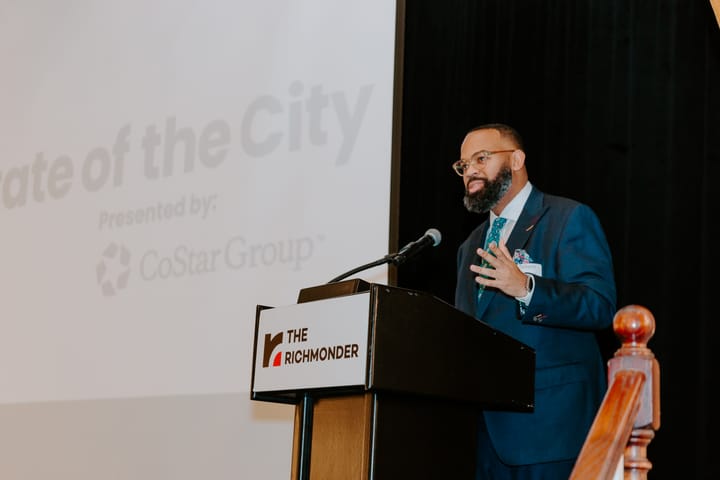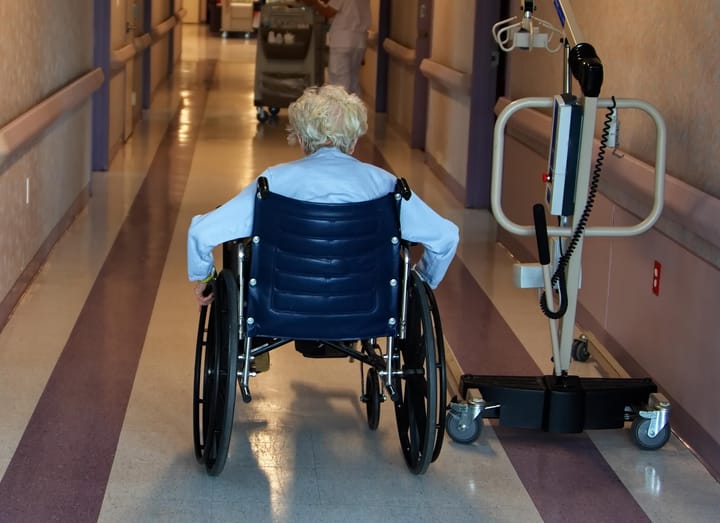Seeking friendship, a group of men ended up breaking down barriers
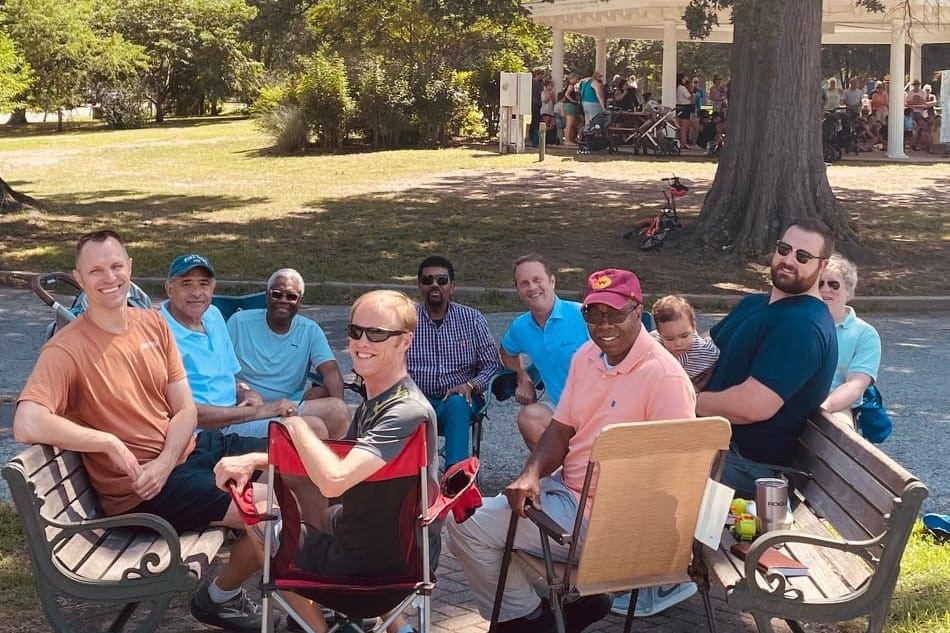
It’s a hot, sunny Saturday morning in June. East Richmond’s Chimborazo Park is already busy. Couples walk dogs and stroll their babies. Older kids dart ahead, on the prowl for adventure. An enthusiastic crowd of protesters assembles beneath a gazebo.
Not far away, in a spot of shade overlooking the city, eight men — most fairly close to one side or the other of middle age — sit in an informal circle, watching a chunky, cheerful 14-month-boy wander among them, eliciting smiles from the older men. The boy’s father, a big man who played college football a while back, keeps a casual eye on his son. It all feels like family. About half the men are Black, the other half white — a lot like Richmond.
“It’s been said that we plant trees so we can leave shade for our children,” said Adam Harrell, a Richmond attorney who is one of the founding fathers of this unpretentious and remarkable group, which meets once a month in the park.
The men are husbands, fathers, Christians. The conversation is light, respectful, full of humor, philosophical, deep, sprinkled with wisdom and laughter. It frequently touches on race. No one dominates.
“We all have things we can share about being the best we can,” Harrell said. “We’re from different racial backgrounds. We just get to know each other, encourage each other to be successful in the areas that are important. It’s men helping men. What comes out is tempered by our relationship with Christ.”
In the park, much of the talk focuses on wives and children, how to best serve them. As the conversation drifts to issues about living a balanced live, one man’s phone rings. “It’s my daughter,” he says as he steps away from the group to take the call. The men chuckle. “There you go,” one of them says as others nod.
“We’re intentionally loose. We try to let the conversation run to friendship,” said Fritz Kling, a local foundation attorney who is also one of the founders of the group. “Men are good at not being known.”

Harrell agreed: “The purpose is to let it be a little free-flowing, to let people engage with what’s in their hearts and minds. We do this thing in line with the word of God.”
Kling said the conversation is “not topical, it’s relational. We’re trying to develop friendships. Men our age are typically somewhat isolated and lonely.” The group’s conversations, he adds, tend to be about “life-based experiences — hopes, fears, needs. The Bible says we are not to go through this alone.”
At the June get-together, one member of the group — a retired military man and a combat vet — speaks with powerful, restrained emotion about the post-traumatic stress challenges he encountered after he returned home from Iraq, and how his family and faith helped.
The men in the group listen intently, offer support, respect, and occasional words of advice. The man is visibly moved — and appreciative. Ultimately, he says, he realized what is most important: “How can I help a brother out?”
Now, the other members of the group say, he frequently calls them simply to ask “How ya doing?” and to let them know he’s praying for them.
The men come from diverse professional backgrounds, and their ranks include attorneys, a physician, an educator, an IT specialist, an insurance professional. Some are retired. Many still work.
There are about 17 men in the group, which has no official name. They’re busy, so about half tend to show up for a typical monthly meeting, though they text each other about miraculous events — the birth of a child or grandchild — and less profound matters — the best places to eat on a quick trip to New Orleans.
An abiding faith in God undergirds all of the men’s beliefs, including those about race, a tough subject for people who grew up in the South, some of them as the Civil Rights Movement was just gaining momentum.
“I used to wonder, ‘God, do you understand what’s going on here?” says one of the older Black members. “But the bottom line is that God is in charge — when you accept that, there’s a calmness you can have when the world is going crazy.”
Another man talks about the importance of “spiritual discernment — a quiet wisdom that’s grounded in life experience and faith in Jesus Christ.”
Harrell speaks with the soft-spoken clarity of a Christian philosopher who is also an experienced attorney. The group, he said, comes together “to remind ourselves that we all need each other.”
He recalled that “we had a member who passed away and we came together in a way that in my mind is not typical. It’s a brotherhood. It was like losing a brother. People who had participated in the group wanted to honor him. Not just causally, not just because you had to.”
The brotherhood applies regardless of race.
“We all live in and around Richmond.” said Kling, the foundation attorney and co-founder of the group. “The habits and circles here do not often give us friendships with people of other races.”
Harrell finished the thought for him: “And if Christians don’t show the way …”
Harrell paused, then continued: “When we come together, I don’t know how everybody grew up, but I know what I have experienced. We have to fight experiences that don’t line up with Christ.”
The group, Kling said, allows members to get to know those from other races as people. “The next frontier is being good friends with them. To bust assumptions. There’s a richness to it.”
Harrell nods: “You can share in a way that is not creating barriers.”
Contact Bob Rayner at bobbyrayner@gmail.com.
The Richmonder is powered by your donations. For just $9.99 a month, you can join the 1,000+ donors who are keeping quality local journalism alive in Richmond.


